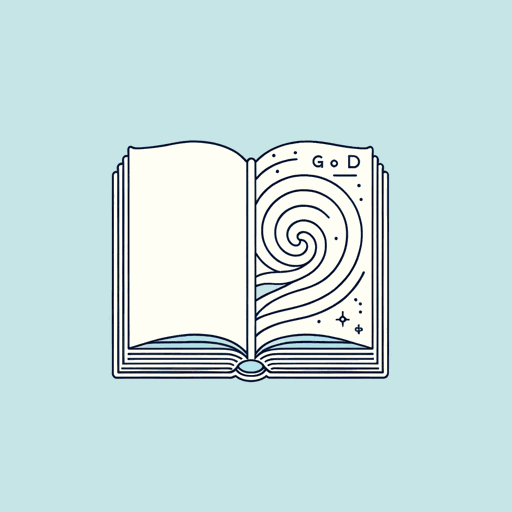58 pages • 1 hour read
Karen ArmstrongA History of God: The 4000-Year Quest of Judaism, Christianity, and Islam
Nonfiction | Book | Adult | Published in 1993A modern alternative to SparkNotes and CliffsNotes, SuperSummary offers high-quality Study Guides with detailed chapter summaries and analysis of major themes, characters, and more.
Part 5Chapter Summaries & Analyses
Part 5, Chapter 8 Summary: “A God for Reformers”
In the Christian West, the onset of the Renaissance, the discovery of the New World, and the burgeoning scientific revolution marked significant secular advancements. Europe’s religious underpinnings were not left untouched. There was a pronounced unease about faith, stemming from the laity’s dissatisfaction with medieval religious structures. This prompted religious thinkers and reformers to revisit ideas about God and salvation. The ensuing theological debate and dissatisfaction led to the major schism between Catholics and Protestants.
Meanwhile, profound changes were underway outside the Christian sphere. The Ottoman Turks dealt a final blow to the Byzantine Empire by capturing Constantinople. Spain eliminated the last Muslim bastion in Granada, and the Jewish community faced a tragic choice: convert or face expulsion. This marked yet another chapter in the Jewish experience of exile and had profound implications for their theological thinking. Many Jews, in their search for spiritual solace, turned to the Kabbalah. This transformative movement in Jewish spirituality found its luminary in Isaac Luria. Luria’s conceptualization of how a perfect, infinite God could allow a flawed world to exist was groundbreaking. He introduced the idea of tsimtsum, the act of divine withdrawal, creating a void, followed by the emanation of the sefiroth (divine attributes).

